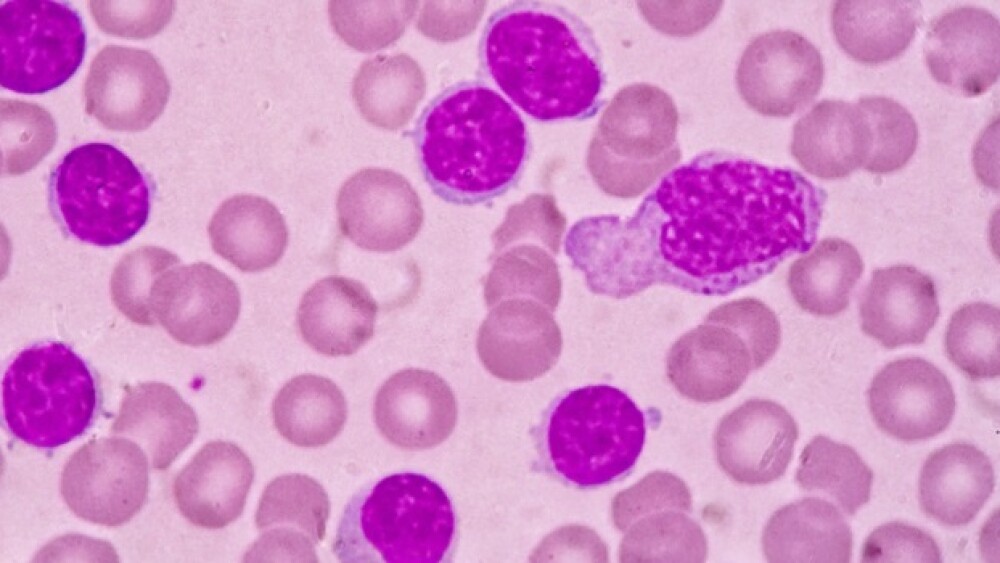Astex Pharmaceuticals, a member of the Otsuka group of companies, and Otsuka Pharmaceutical, indicated their guadecitabine (SGI-110) missed its co-primary endpoints in acute myeloid leukemia (AML).
Astex Pharmaceuticals, a member of the Otsuka group of companies, and Otsuka Pharmaceutical, indicated their guadecitabine (SGI-110) missed its co-primary endpoints in acute myeloid leukemia (AML).
The companies announced topline results from the ASTRAL-1 clinical trial that looked at the efficacy and safety of guadecitabine in adults with previously untreated AML who were not eligible for intensive induction chemotherapy. It failed to meet its co-primary endpoints of complete response (CR) rate and overall survival (OS) compared to the control arm of physician’s pick of azacytidine, decitabine, or low dose cytarabine. The evaluation of secondary endpoints is still ongoing.
“We are disappointed in the outcome of the ASTRA-1 study,” said Mohammad Azab, Astex’s president and chief medical officer, in a statement. “The study used very strict criteria of ineligibility to receive intensive chemotherapy based on age (over 75 years) or poor performance status (ECOG PS of 2 or 3) or comorbidities, which made it a difficult population to show superior benefit of guadecitabine. ASTRAL-1 is the largest global prospective study ever conducted in this specific patient population with low intensity therapy, with 815 patients randomized, of whom about 90 percent were treated with hypomethylating agents or HMAs (guadecitabine, azacytidine, or decitabine). The large body of clinical and genetic data will still provide the medical community with very valuable insights into the role of several prognostic clinical and genetic markers that may influence outcome with HMA treatment.”
Astex will continue to focus on its ongoing Phase III ASTRAL-2 and ASTRAL-3 clinical trials looking at guadecitabine in relapsed and refractory AML and relapsed and refractory MDS and CMML.
Guadecitabine is a next-generation DNA hypomethylating agent. It was designed to resist degradation by cytidine deaminase, which prolongs the exposure of cancer cells to decitabine, the active ingredient. This is designed to increase uptake of decitabine into the DNA of rapidly dividing cancer cells.
In March, Astex announced that its pharmaceutical partner, Belgium-based Janssen Pharmaceutica, a Johnson & Johnson company, had been granted Breakthrough Therapy Designation by the U.S. Food and Drug Administration (FDA) for erdafitinib for metastatic urothelial cancer. The drug had been discovered by the two companies as part of a 2008 collaboration and license deal to identify novel, small molecule inhibitors of Fibroblast Growth Factor Receptor (FGFR) kinase, including for treating cancer. Janssen handled clinical development and commercialization of any products that came out of the collaboration.
Urothelial cancer, especially of the bladder, is the sixth most common type of cancer in the U.S. The Breakthrough Therapy Designation was granted based on positive data from a multicenter, open-label Phase II clinical trial.
“This is a great endorsement of our scientific approach and our team,” said Harren Jhoti, president and chief executive officer of Astex, UK, in a statement. “Astex is committed to the fight against cancer and so is delighted that erdafitinib has been granted Breakthrough Therapy Designation by the US FDA. Congratulations to our valued collaborators at Janssen for their excellent work in advancing erdafitinib to this exciting stage in this development.”





